INTRODUCTION
Nigeria is a multi-ethnic nation, diversified in cultural affiliation and tradition. Nigeria is divided into three different regions – Northern, Western and Southern region, with six geopolitical zones namely, North West, North East, North Central, South South, South East and South West. Of all these regions and zones came the three major tribes which are Igbo, Yoruba and Hausa who occupied the Northern, Southern, Eastern and Western Nigeria respectively.
Although the secessionist movement in Nigeria started immediately after the amalgamation through to the civil wars of 1967-1970, it has experienced a new dimension in the last two decades. This movement in Nigeria has its historical antecedents to the “unholy marriage” known as the 1914 amalgamation of the Northern and Southern Protectorate in Nigeria. Between August 9th, 1967 and January 14th, 1970, Nigeria witnessed her first civil war which claimed millions of lives of the Nigerian citizens.
The aim of this research is to examine the root cause of the different secessionist movements in Nigeria. To know the reasons why there are dissenting voices even in the various agitating groups. To examine the reasons why the IPOB movement have taken the front burner on the media today. To achieve this, oral interview has been maximally consulted. People of various background, tribe, occupation and professionalism have been interviewed for the purpose of this research. And this is to maintain a high level of accuracy and objectivity.
To understand both the remote and immediate causes of this civil wars orchestrated chiefly by the Biafran movement led by late col Odumegwu Chukwuemeka Ojukwu and which has reared its ugly head to the present, there is need to examine the work of Charles G. Thomas,- and Toyin Falola On “secession and separatist conflicts in post-colonial Africa” who highlighted that “the Nigerian civil war, like all civil wars, did not exist In a vacuum. According to the authors, things began to change in the 1914 when Britain connected the previously separate Northern Nigeria to the South, making a single administration. At this time, the union was unequal and unholy where the northerners appeared to have little or nothing to offer. However, after independence in 1960, things escalated very quick than expected. According to this book, the easterners in the southern Nigeria felt marginalized and politically subjugated to the north who by all and sundry received the bigger share of the national revenue. The war broke out on August 9, 1967 through January 14, 1970. Although the aftermath of this conflicts was surprisingly gentle, the fragments remained in the memories of every Nigerian who either observed directly or indirectly.
Secessionist movement in Nigeria has gained the maximum recognition and attention both at the international and national scale. This secessionist movement which rides on popular narratives have birthed varied groups with similar interests and this has its fundamental principle on the assertion “the labour of heroes past shall never be in vain.” The return to democracy in 1999 came with it various groups with varied political voices asking political and economic questions in their own interest.
THE SECESSIONIST MOVEMENT IN NIGERIA
Secessionist Movement is an expected development in a multi-ethnic or multi-religious society like Nigeria. People will always feel that they are not getting enough or they are not fairly treated and at every point in time, these are the causative factors that leads to agitations. The people usually create this kind of messiah that will deliver them from their predicament. First of all after the civil war, people still felt marginalized in a reintegrated country. Then coming to democracy which is the period under review, a group called The Movement For The Actualization Of Sovereign State Of Biafra (MASSOB) led by Ralph Uwazurike, rouse and said they wanted to create and republic of Biafra. The feeling was very popular among the people and it was a peaceful movement. It is important to note that agitations always come in with the quality of leadership available to the people at the time. The president of the country Chief Olusegun Obasanjo at that time was able to reintegrate the people, that is, having a balanced cabinet. So the agitation was not popular because agitations usually sell on popular narrative. Between 1999 and 2007, the agitation on political marginalization among the South Easterners was not their, the Yoruba were not agitating for a separate republic even though they were in the opposition as Alliance For Democracy known as AD. Same thing with the South Southerners who only clamoured for a proper resource control and each time their demands are met, there is always a relative peace in the region.
In 2007, the MASSOB created its own passport based on the popular demand from the Biafrans in the diaspora, although the federal government slammed against this move. However, since it is based on popular narratives, it has the tendency of being hijacked by politicians and this is because often time in Nigeria, such agitation can be quite lucrative because the politicians will tend to exploit it for their selfish interest and this was seen with MASSOB. Any supposed leader whom people believes and see as a messianic personnel and maintains status quo would need money to fund the movement and the disciples and most times they don’t have the big businesses to fund it and are prone to manipulation by the politicians and more often than not, the followers would derail and create splinter groups. Hence, from MASSOB, we have IPOB which means Indigenous People Of Biafra. IPOB started around 2010-2012 when their leader Mazi Nnamdi Kanu started the radio Biafra in London and from there he used the narrative to pull out from his former boss and started IPOB movement which started as a peaceful movement. The difference between IPOB and MASSOB is that MASSOB secessionist philosophies is more recognized in the South South region that IPOB which means that the popular narrative of IPOB is not common among the South Southerners. IPOB secessionist philosophies are very clear and unambiguous. The popular narratives both among the locals and the states have given credence to the ideologies of the Nnamdi Kanu. The desire to secede from the country is fundamental on the following principles namely, poor federal infrastructure in the region, inadequate distribution of the national revenue, maladministration, insecurity, despotism, favoritism and little or no regards to the region especially by the current administration. Although IPOB movement was not really popular when it started in 2012, it has gained prominent in the last three years because its philosophies are in tandem with the popular narratives and demand in the region due to poor administration of the present leader in the name of President Mohammed Buhari. Despite the fact that the leader of IPOB has been arrested and charged with treason and he is currently in federal government detention without traceable conviction, the disciples of Nnamdi Kanu have in efforts uphold their voices against the federal government. In practice, they observe a sit-at-home policy on any day their leader is appearing in court in solidarity to their leader.
Another agitating group in Nigeria is the Movement For The Emancipation Of The Niger Delta (MEND). MEND was very prominent and very much organized. Unlike the South Easterners who are predominantly Igbos, the South Southerners had different tribal groups with the Ijows and the Uhrobo appearing to be more predominant. Their agitation was centered on a better deal from the government. This is because a large amount of the country’s income revenue like crude oil comes from their region. Therefore the agitation made a lot of sense to the people. They could go any length to draw the attention of the federal government even by vandalizing the economy. Due to the nature of their environment, the mining of crude oil usually affects their occupation and the atmospheric conditions of the place therefore it was difficult for the federal government to quell their agitation but only to respond positively to their plight and meet their demand. The MEND were not really after a republic but a proper recognitions from the federal government and when the late former president Umaru Musa Yar’adua led government came in 2007, he promised a lot of reforms, created the ministry for Niger Delta, NDDC, and granted them amnesty. All these only temporary dowsed the agitation but did not solve the problems permanently because environmental issues are still there such as gas flaring which in turn destroys the ecological composition of the area which results into acidic rain, damage of their crops as farmers, hot weather at night etcetera. Between 2015 and 2021, the incumbent president has not properly looked into this temporarily solved issues and the people of this area has taken a violent way to convey their needs to the federal government by distorting and vandalization of the oil pipeline and which in turn played heavy cost of economy and finance on the federal government. MEND are not really interested in a republic as at now but they are exploiting on the bad leadership of the present to convey their demands of resource management and control.
In the South West, like other agitating groups clamours for Oduduwa Republic or Yoruba Nation. Like every other secessionist groups, it always rides on popular narratives. The most popular among all other leaders of the Oduduwa group is a man called Sunday Igboho. The common narratives among the locals of this region is the issue of insecurity. The farmers in the rural area of the region have been attacked and killed in most cases by some murderers whom the people tagged the Fulani Herdsmen from the North. The state and federal government have been treating the issues of insecurity in this region with cosmetic care and the people’s lives are being threatened on a daily basis and there came Sunday Igboho who demonstrated absolute will to liberate the people and pronounce peace. Although he went about it in a way that is not civil, the people are interested in results. And this brought a relative but temporary sense of calm in the region. This birthed the ideologies of the Yoruba Nation and the mantra became popular among the people. Agitation usually result from a lacuna in leadership, thus, insecurity was the point of departure for the South Western region.
In the Northern region, we barely see secessionist movement of any kind, although there are numerous cases of insecurity especially in the North Central and North East. The popular narratives of insecurity and killings in the region have not gained enough weight to form a movement. Most of their outcry is channelled towards the federal government which often result into oblivion. The Northern region has witnessed numerous attacks from groups like the Boko Haram, Bandits, Hoodlums etcetera yet there haven’t really been any strong agitation.
THE RESPONSES OF THE GOVERNMENT
The federal government responses have been very poor especially to the South Eastern region. In reintegrated country, there have been massive poor road infrastructure in the eastern region, pluralization of the military in the region, improper revenue allocation, tagging the IPOB as a terrorizing group without fundamental bases. In the recent time on the Punch News Paper, the President has accused the IPOB of being the reason behind the country’s economic backwardness. The federal government’s role over all these political quagmires from the IPOB have nothing to write home about. Moreso, the state government of the five states in the Eastern region have equally not done their part. In fact, they have all lived in oblivion of the plights of the people in their various states. Seeking self preservation and self interest from the federal government quota and thereby living in disunity among themselves.
To the South South, the federal government response has been quite cosmetic over the years with no permanent solution to their problem. Under the current administration, the region has witnessed myriads of exploitation and unequal distribution of the federal revenue despite being one of the best revenue contributor to the federal quota. The state government are doing their own part in ensuring that their region is recognized adequately.
To the South West, the federal government like other regions have turned deaf ear to the insecurity problem in the region. However, the state government in this region have responded tremendously to this problem by creating a state police called Operation Amatekun in the region and also created a legal framework for it to flourish even though it was against the interest of the federal government who already have the federal police in place In all the region.
To the Northern region, the feeling has always been the same despite being the most killed people in the Nigeria. This region has experienced myriads of insurgencies since 2007 till date. Although some state in the North Central of Nigeria also known as the middle belt have poured out their grievances against the federal government whenever they are attacked, they have not really been any perceived threat from them to the federal government. In 2022, we have seen some state that have already grant arms to her citizens to defend themselves against terrorist attack. Although this might not be a proper way to address insecurity in a country like Nigeria, it speaks volume about the state of insecurity in Nigeria.
CONCLUSION
In the balance of analysis, separatist movement in Nigeria today have cut across all the regions. The present administration has fueled the desire to question the status quo of the federal government by all the regions and therefore forming a formidable movement against the interest of the federal government. An article by John Campbell and Nolan Quinn from Africa program on “what is behind growing separatism in Nigeria”, published on August 3, 2021. The authors noted that there are numerous advocates of separatism but the two most prominent are Nnamdi Kanu, the leader of the IPOB and Sunday Igboho, in the western Nigeria. According to this article, separatism has bedeviled Nigerian governance since the colonial era. The Hausa-fulani, Yoruba, and the Igbo make up more than half of Nigeria’s population, while the rest is divided among more than three hundred ethnic groups. Insecurity and perceptions of discrimination by the federal government have caused the separatist movement to bubble up once again.
An article on separatist agitations in Nigeria: causes and trajectories by Jideofor Adibe – published on July 12, 2017, noted that the incumbent Nigeria president, Major General Muhammad Buhari (rtd) administration have stirred up the IPOB movement more than before. The IPOB campaigned against the administration on three triangular premise Viz-a-Viz maladministration, insecurity and unequal share of revenue allocation. He equally noted that the agitations around Biafra have drowned out other separatist agitations, giving the wrong impression that Biafra is the only separatist threat in the country. The truth is that there is a separatist agitation in virtually every area in the country – underlying the fact that the foundation for Nigeria’s nationhood remains on shaky ground.
The aforementioned has given credence to what was obtained on my point of departure of analysis on different agitations in Nigeria today. Therefore, going by the definition of democracy, the reverse is the case in Nigeria.
REFERENCES
- Thomas, C. G., & Falola, T. (2020). Secession and Separatist Conflicts in Postcolonial Africa. University of Calgary Press, Calgary, AB. P. 67-78.
- John Campbell and Nolan Quinn. (2021). what is behind growing separatism in Nigeria.
- Jideofor Adibe. (July 12, 2017). Separatist agitations in Nigeria: causes and trajectories.
- Interview with Mr Fidel. A business man and a church associates of St Patrick Bashorun, Ibadan, on the 26th of June, 2022.
- Interview with Mr Oyedokun. A politician and a poet at Bodija, Ibadan, on the 5th of June, 2022.
- Interview with Mr Nnanna. A business man at Bodija, Ibadan, on the 21st of May, 2022.
- Interview with Mr Emeka. A farmer, a business man and an identified member of the IPOB at Bodija, Ibadan, on the 27th of May, 2022.

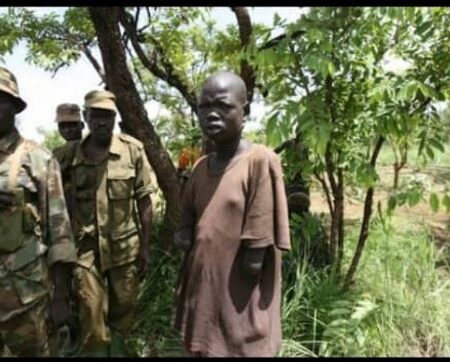



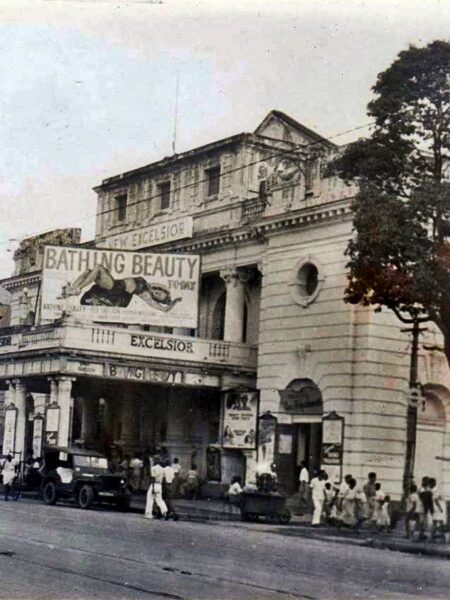
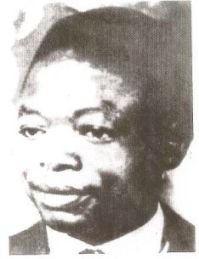
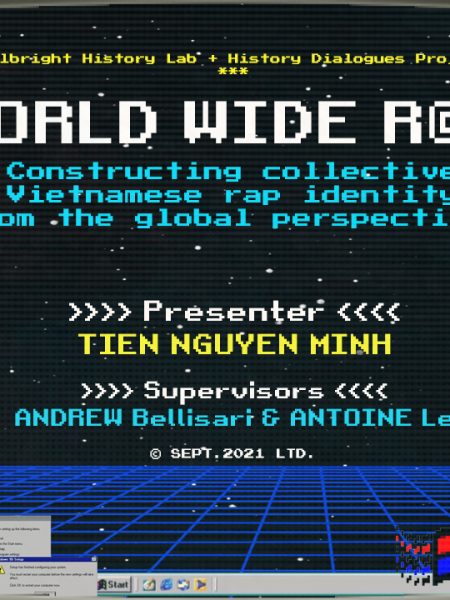
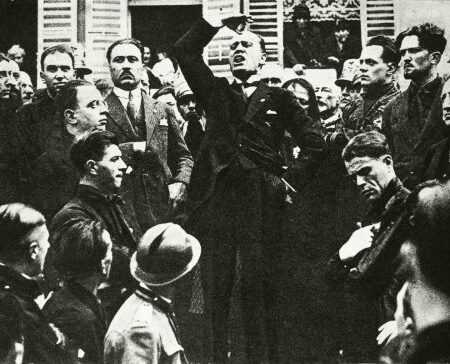
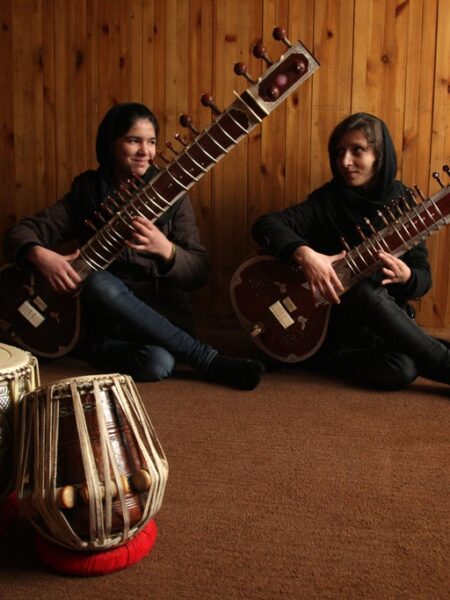
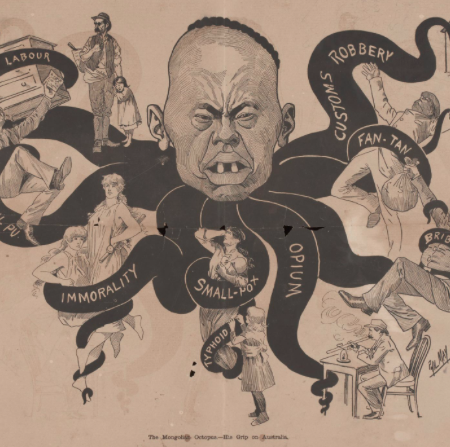
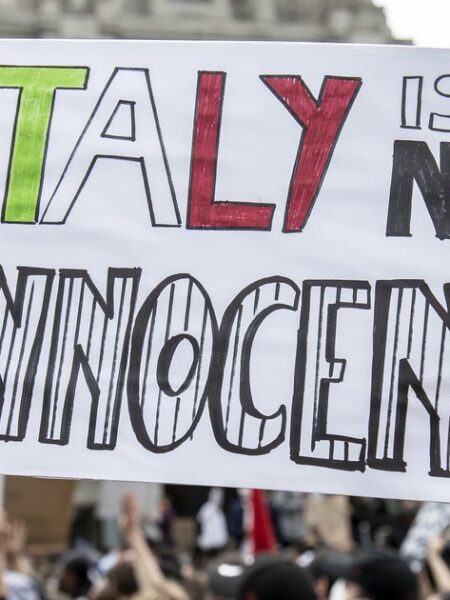
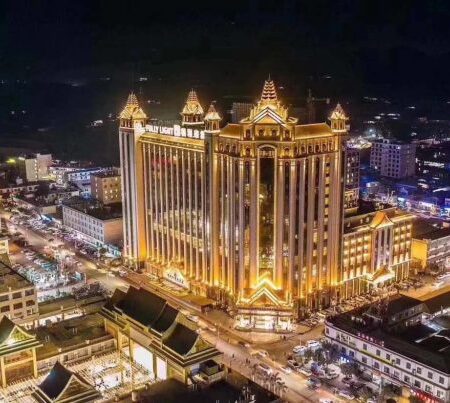
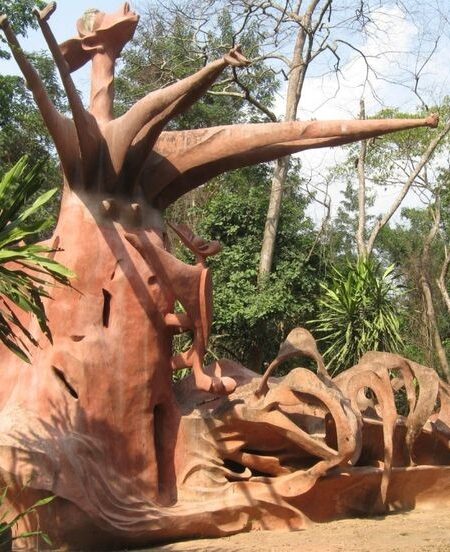
This is an amazing article…pls how can I refrence this, as I am currently working on a project topic: POST CIVIL WAR AND IPOB SEPARATIST MOVEMENT IN NIGERIA